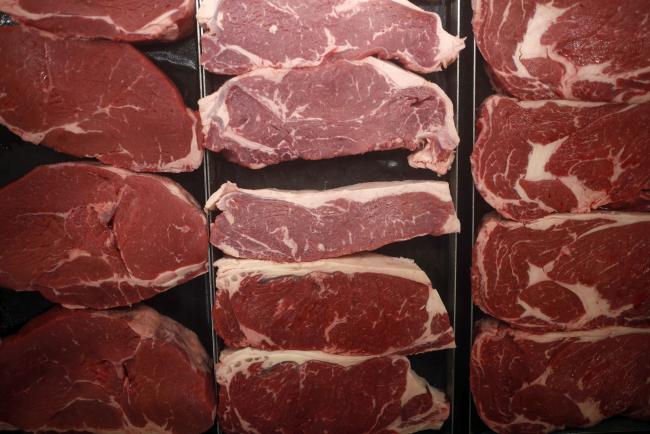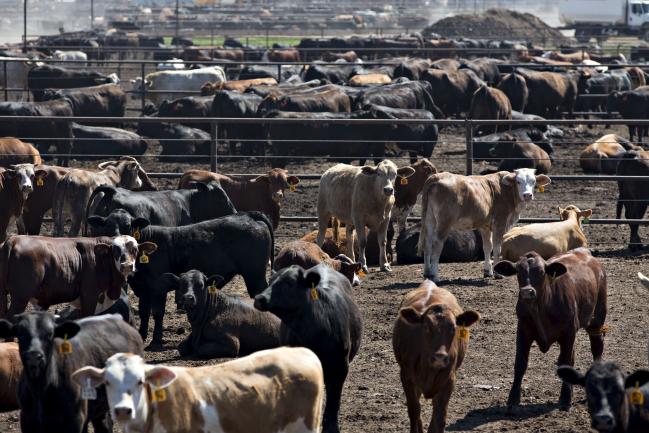(Bloomberg) -- Terms of Trade is a daily newsletter that untangles a world embroiled in trade wars. Sign up here.
President Donald Trump on Friday praised a previously-announced deal that will open up the European Union to more U.S. beef after the bloc carved out quotas previously granted to other nations.
The Trump administration in June secured more access to the EU’s beef market after the bloc persuaded Australia, Argentina and Uruguay to gradually cede chunks of the import quota. U.S. farmers will be entitled to almost 80% -- or 35,000 metric tons -- of the annual EU quota on hormone-free beef by the seventh year of the agreement, with an initial allocation of around 40%, European officials told reporters in June.
“The European Union stepped up, and we appreciate it,” Trump said at a signing ceremony at the White House. “This is a tremendous victory for American farmers, ranchers and of course European consumers, because American beef is considered the best in the world.”
The quota was set a decade ago to settle a transatlantic dispute over an EU ban on meat from cattle that were raised with growth hormones. World Trade Organization rules required the volumes be made available to other nations that export beef, and Australia, Argentina and Uruguay gradually replaced the U.S. as the largest suppliers.
While the tonnages involved are relatively small, the move could add to tailwinds for U.S. beef exports, a relative bright spot for American agriculture, which has been battered by trade disputes with China and elsewhere. The value of U.S. beef exports in 2018 reached a record $8.4 billion, Department of Agriculture data show.
The announcement comes as Trump feuds with Europe over various trade issues. Among them, Trump has threatened to impose tariffs on French wine after that country imposed a tax on technology companies that will particularly impact American firms.
The U.S. and EU are working on a limited trade agreement that would cut industrial tariffs but have reached an impasse over whether to include agriculture in the negotiations.

